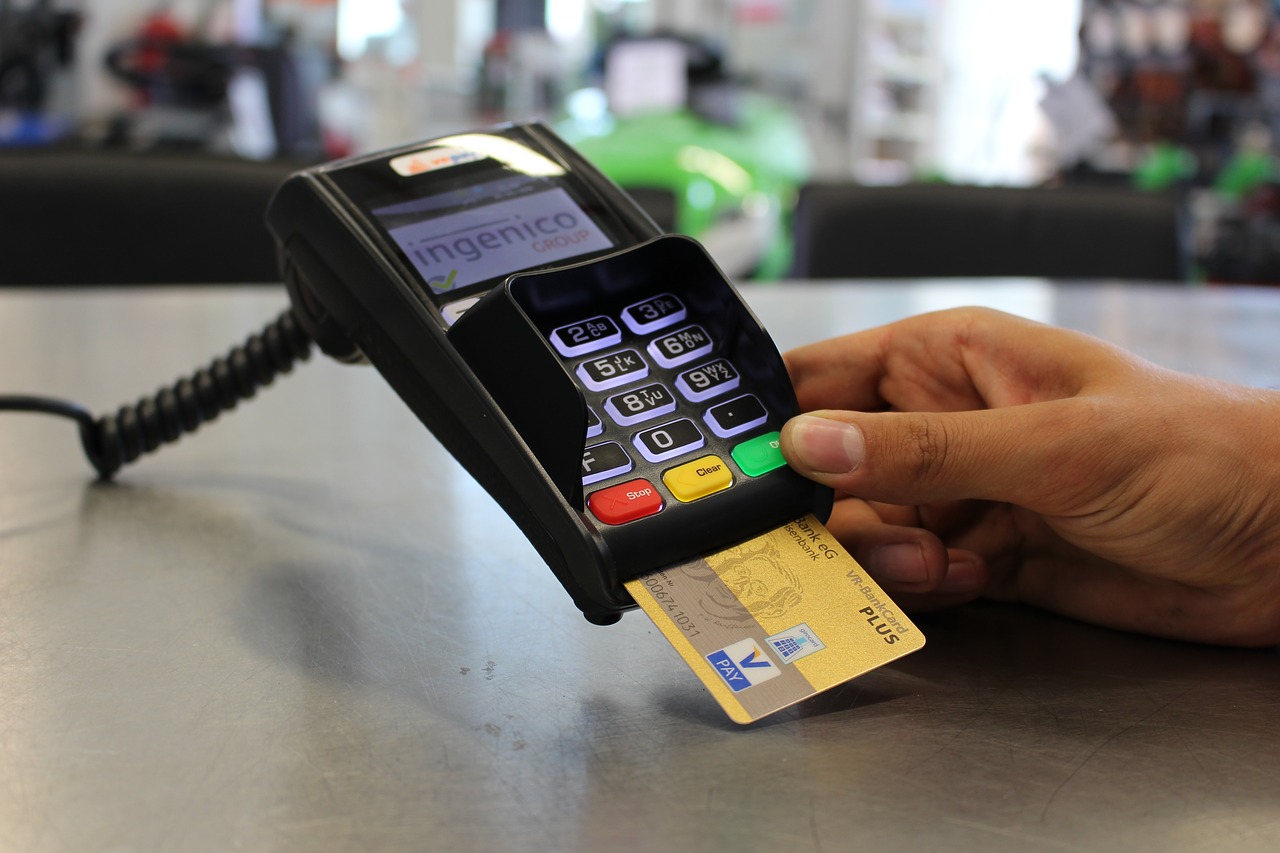The business of self-storage is an enduring model that really won’t ever become outdated. Now so more than ever, people are renting self-storage units. Think about the aging Baby Boomer population. More and more people from this generation are downsizing, and yet, not wanting to part with their things, they opt to keep them in storage units. People are moving across the country for work; in light of the past year’s events, thousands are relocating, and self-storage units play a big part in many such moves. If you have thought about or are considering opening a self-storage business, now may be the ideal time.
The question most people probably have is, “how do I start a self-storage business?” Is it an easy process? Is there a great deal involved with getting started? Do I need a lot of money to get created? These are certainly all valid questions. And in this article, we take a look at the initial steps involved with starting your own self-storage business.
Steps to Creating a Self-Storage Business
1. Make a plan
Ideally, you will create a comprehensive business plan. Business plans are helpful for entrepreneurs trying to get a business off the ground and use a tool for investors and for explaining your story to lenders when you require a business loan. Beyond the business plan, you want to plan the total budget, startup costs, and other associated expenses.

Usually, with a self-storage business, you will build the facility. You, therefore, need to find buildable land. And then, of course, estimate all relevant construction costs. Getting quotes from local contractors for constructing a storage unit building is an excellent first step. As self-storage buildings are relatively simple, many contractors can provide the plans and engineered drawings in-house. Keep in mind too. You will need to get city/local building and zoning approval and all relevant permits and licenses.
There are numerous components to a self-storage building construction project—this will be something you will need to research thoroughly. And again, talking to the building and zoning department in your area will also be essential.
2. Think about yearly expenses.
In the beginning, coming up with the funds to purchase the land and construct the building will be the initial up-front cost for starting your business. You do want to be aware of the expenses on an annual basis moving forward. So, for example, there is the cost of insurance. If you are not responsible for supervising the storage unit, you will likely have to pay someone to perform his job. There will be maintenance and upkeep costs—expenses related to your security system. Potentially, if you are leasing land, there will be rent involved. The point here is to sit down and write out all of the potential expenses that you can think of. Research online for payments you may not have thought about. Talk to people who are actually in the self-storage business–they can be an invaluable resource for you.
3. Define your marketing plan.
Once you’ve got the building in place, secured the units, ensured the roadway and parking are accessible, and taken care of all of the other details that require attention, it is time to consider the marketing end of the self-storage business. As well as the name of your storage business—generally, it is better to stick with something easy to remember and simple.
What online channels do they regularly access? How can you most effectively reach them to let them know that you are out there and open for business? Again, here research will be crucial to the success of any marketing campaign or initiative you put in place. Think about people with long-term storage needs, those who tend to move around a lot, those people who may need storing items separate from their residence or business. Understanding your target market enables you to create relevant and practical materials for advertising purposes.
4. Determine your rates.
This step is relatively easy as you can set your rates with competitors in your vicinity. Your rates will be dependent on a few different factors. For example, if your units are climate-controlled, you can charge more than those not. The size will also play a critical factor in how much a unit costs to rent—the bigger the storage unit, the more you’re able to charge. As far as establishing your rates, common sense should be your guiding factor.

5. Register your self-storage business.
The most common type of entity with self-storage businesses is generally an LLC. Especially when first getting started, an LLC is less expensive and time-consuming than a corporation to set up, yet you still have the protections as far as liability goes. So if something does happen and the business is sued, your assets are not at risk of being taken. Once you establish your LLC, you will want to open a bank account in the name of the company—customer payments should go directly into this account, and expenses accordingly should be paid out of this account.
First Union Lending Has the Resources You Need!
If you are considering starting a self-storage business or have an existing business and require additional working capital, we would love to consult with you. We have a variety of fast and flexible loan programs for small business owners. Call today!
